Uncategorized
-
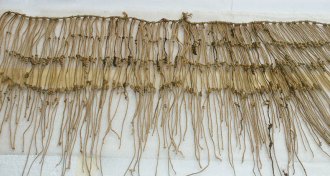 Archaeology
ArchaeologyThese knotted cords may hide the first evidence that the Incas collected taxes
Some knotted string devices point to crop levies imposed by the Incan empire, researchers say. But other khipus continue to evade description.
By Bruce Bower -
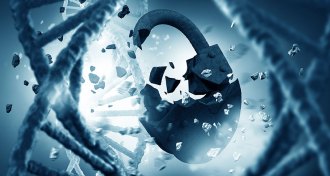 Genetics
GeneticsGenealogy companies could struggle to keep clients’ data from police
Police probably won’t stop searching DNA family trees to find crime suspects. New restrictions on database searches could spur more fights over privacy.
-
 Life
LifeSome fungi trade phosphorus with plants like savvy stockbrokers
New views show how fungi shift their stores of phosphorus toward more favorable markets where the nutrient is scarce.
By Susan Milius -
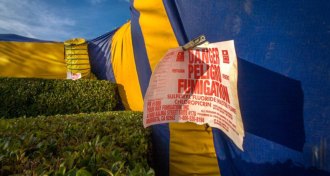 Agriculture
AgricultureThe U.S. is still using many pesticides that are banned in other countries
In 2016, the United States used millions of kilograms of pesticides that are banned or being phased out in the European Union, Brazil and China.
-
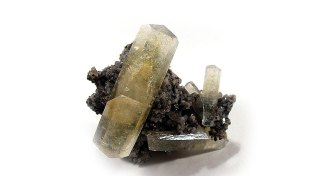 Chemistry
ChemistryCarbon plays a starring role in the new book ‘Symphony in C’
In Symphony in C, geophysicist Robert Hazen explores carbon’s ancient origins, its role in life and its importance in the modern world.
By Sid Perkins -
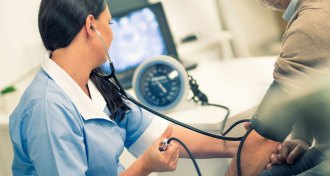 Health & Medicine
Health & MedicineMedicaid-expanding states had fewer cardiovascular deaths than other states
Counties in states with expanded Medicaid eligibility had 4.3 fewer cardiovascular deaths per 100,000 residents, on average, than if they hadn’t expanded.
-
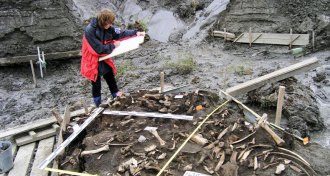 Genetics
GeneticsDNA reveals ancient Siberians who set the stage for the first Americans
A previously unknown population of Ice Age people who traveled across Beringia was discovered in Russia.
By Bruce Bower -
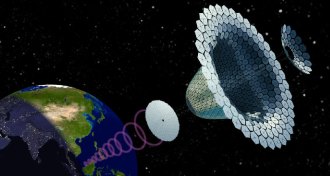 Astronomy
Astronomy50 years ago, scientists wanted to build solar panels on the moon
In 1969, scientists proposed building solar panels on the moon to convert the sun’s energy into electricity that can be used on Earth.
By Kyle Plantz -
 Particle Physics
Particle PhysicsPhysicists have finally figured out how pentaquarks are built
The particles are made of up two smaller particles, stuck together like atoms in a molecule.
-
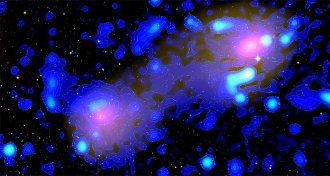 Astronomy
AstronomyIn a first, magnetic fields have been spotted between two galaxy clusters
The discovery of magnetic fields in the gaseous filament between two galaxy clusters suggests that some large cosmic structures are magnetized.
-
 Genetics
GeneticsAlmost all healthy people harbor patches of mutated cells
Even healthy tissues can build up mutations, some of which have been tied to cancer.
-
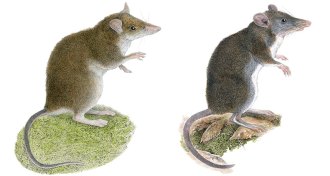 Animals
AnimalsWorms lure two new species of hopping rats out of obscurity
In the Philippines, scientists have identified two new species of shrew-rat, an animal whose limited habitat plays host to remarkable biodiversity.